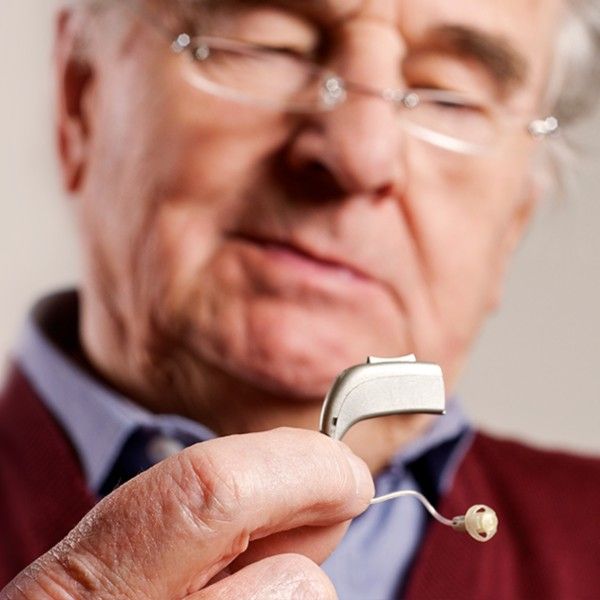
Best Ways To Protect Your Hearing In Old Age, Imagine this: Imagine a family get-together where laughing fills the room and stories are flowing freely. Instead of participating in the discussion, you find yourself nodding along, wishing no one would ask you a direct question since you cannot really understand what they are saying.
Though sometimes dismissed as only another aspect of aging, hearing loss is really rather important for good aging and lifespan as we grow older.
Hearing loss is connected to cognitive decline, social isolation, and even a shorter lifetime as well as not only about fighting to keep up in loud settings.
The silver lining, then? Small, regular activities can help your ears, and brain, stay sharp for decades to come. It’s preventable. Let’s look at the top ways to preserve your hearing and make sure aging doesn’t cause you to lose out on the most crucial talks in life.
First, let us briefly go nerdy. Your ears are complex devices that transform vibrations into electrical information for your brain to comprehend rather than being passive sound receivers.
The trouble is that over time, loud exposure, oxidative stress, and poor circulation can harm the little hair cells in the cochlea (the inner ear’s sound-processing center). Unlike skin cells or muscle fibers, these fragile cells do not renew.
Hearing loss usually sneaks up on you, so it’s simple to overlook it until it’s too late. Untreated hearing loss, according to studies, is connected to an increased risk of dementia, balance problems, and even cardiovascular disease.
Protecting your hearing is therefore about maintaining your brain and body in top shape as you age, not only about ensuring clarity in conversations.
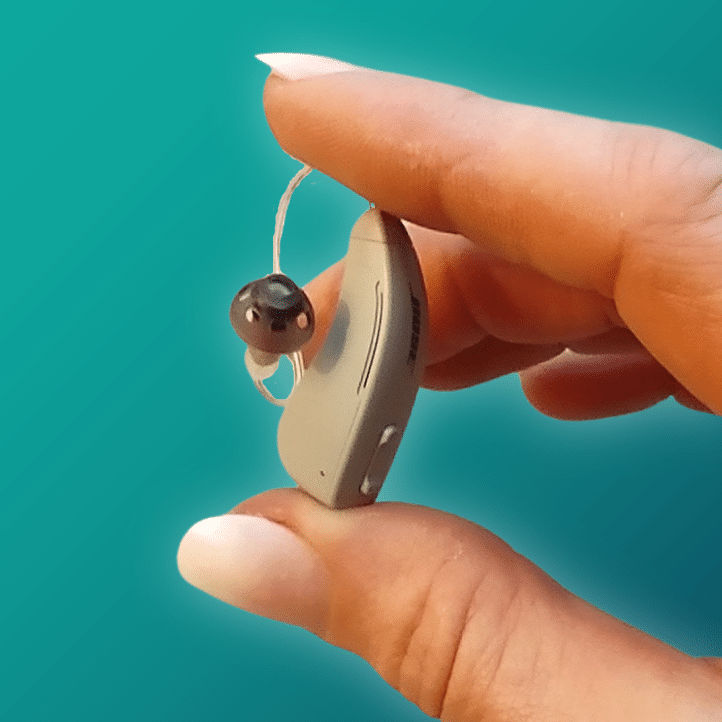
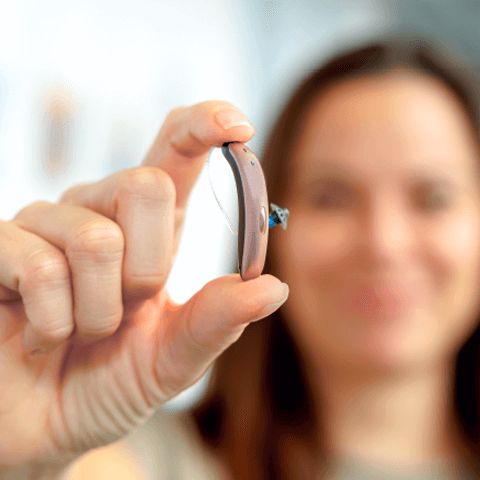
Hearing loss usually begins quietly. Some early warning indicators to look out for are as follows:
Best Ways To Protect Your Hearing In Old Age, Though if you’re cranking music through headphones at maximum level, you’re also hastening hearing loss even if your favorite songs may provide you a dopamine high.
Observe the 60/60 rule: Maintain the volume under 60% and restrict listening time to 60 minutes at a stretch.
Noise-canceling headphones are a good investment if you’re in a loud setting, such a gym or metro, so you won’t have to turn up the volume to fight with background noise.
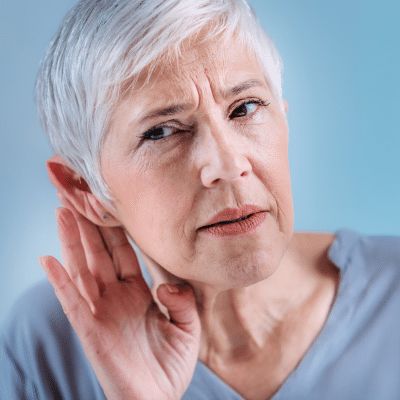
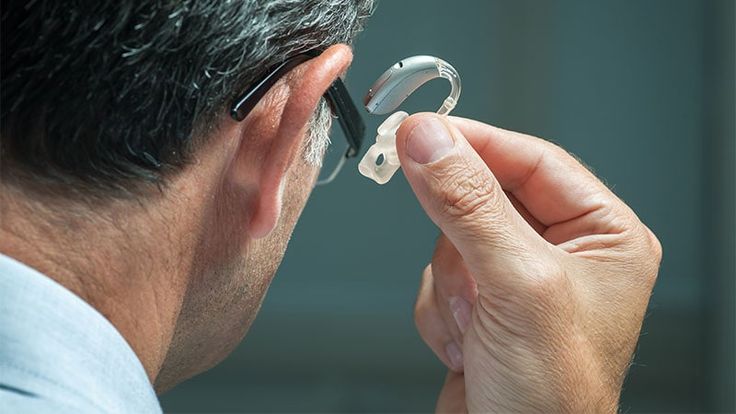
Power tools, concerts, and even some home appliances, blenders, vacuum cleaners, and hairdryers, can produce noise levels high enough to harm over time.
Earplugs or noise-reducing earmuffs are your closest friends if you work in or often visit loud settings. Even basic foam earplugs can cut 20-30 dB of dangerous noise exposure.
To work properly, the inner ear depends on a consistent flow of oxygen-rich blood.
High blood pressure, diabetes, and poor circulation are among conditions that can hasten hearing loss by harming the tiny blood vessels feeding your auditory system.
So what is the prescription? Stress management, frequent exercise, and a heart-healthy diet. Consider your hearing as a reflection of your general health.
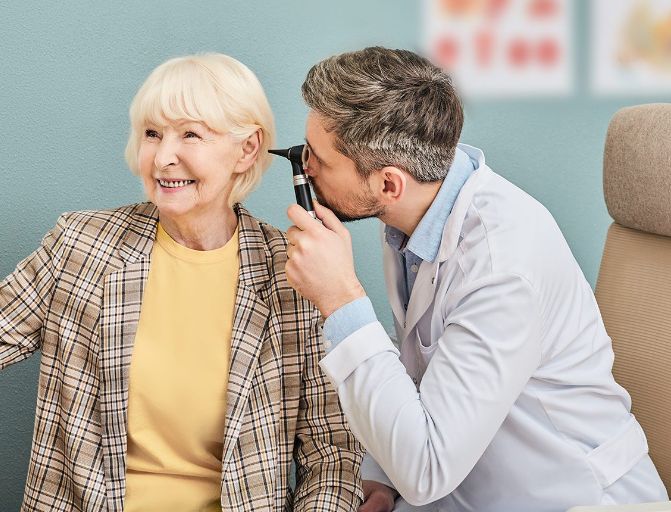
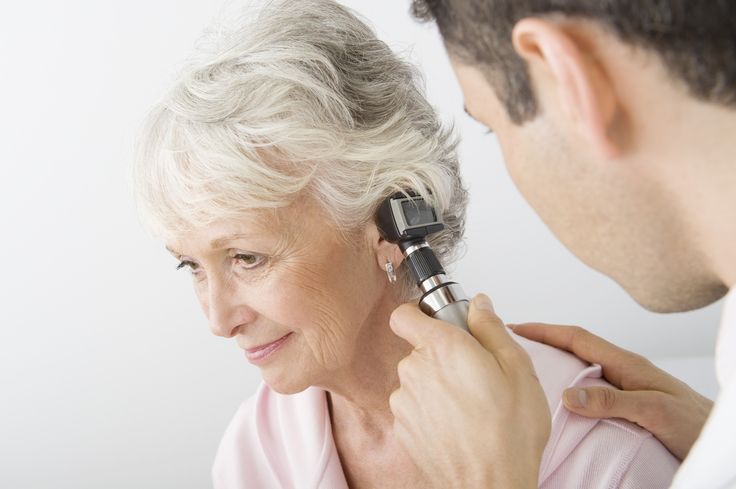
Some drugs are ototoxic, which means they can gradually harm your hearing. Among these are large dosages of aspirin or NSAIDs, diuretics, chemotherapy medications, and some antibiotics.
Talk to your doctor about possible substitutes or monitoring plans to reduce risk if you take long-term medicine.
Being proactive about your medications can assist to preserve your hearing without endangering your general health.
Best Ways To Protect Your Hearing In Old Age, Hearing tests should be included in your regular health checkups just as you have your vision tested or your cholesterol examined.
The earlier hearing loss is found, the more you can do to slow its progression. Many audiologists provide affordable or complimentary tests, so there is no justification not to get checked.
Consider getting a baseline hearing test and planning follow-ups every few years if you are over 50 or have a history of loud exposure.
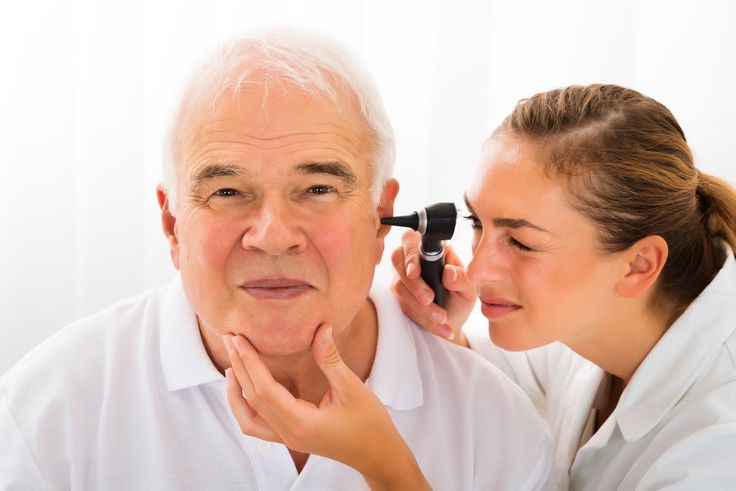
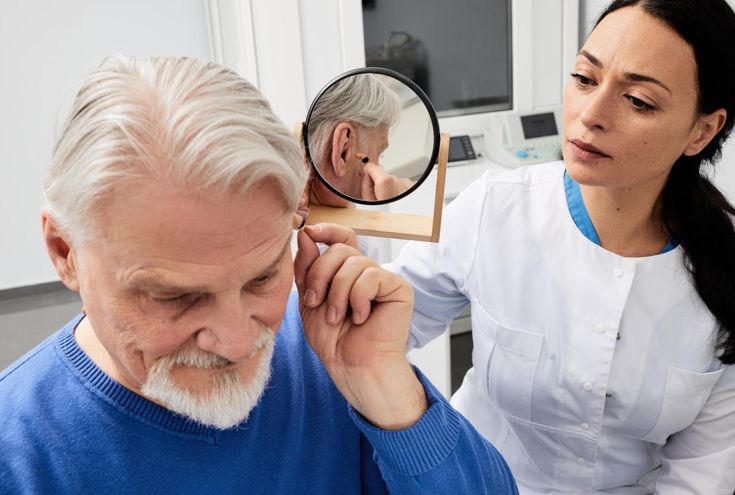
Poor sleep and stress not only change your mood; they may also harm your hearing. Chronic stress causes inflammation and disturbs blood flow to the ears, which could eventually cause damage.
Sleep deprivation, on the other hand, stops your body from mending itself, including the fragile cells in your hearing system. Try for 7-9 hours of good sleep each night, and use meditation, deep breathing, or yoga to help stress levels under control.
In the long run, a well-rested brain and body help to maintain greater hearing health.
Best Ways To Protect Your Hearing In Old Age, Your ears’ condition can be influenced by what is on your plate. Nutrients helping to maintain hearing include:
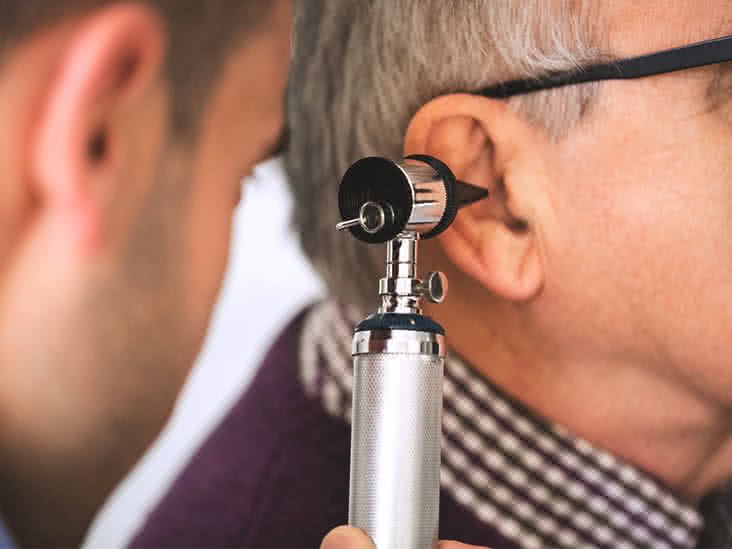
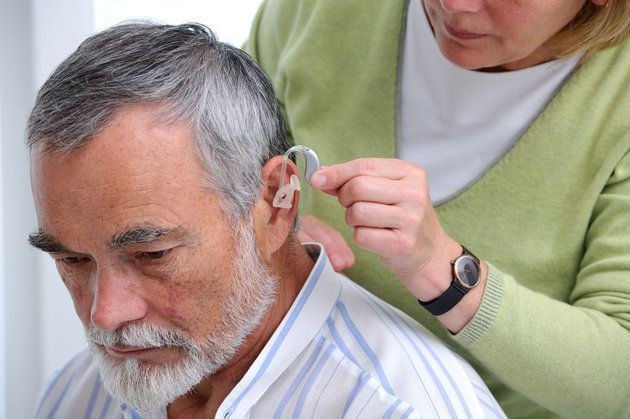
Though how we age is under our control, aging is unavoidable. Protecting your hearing now helps you to be able to actively participate in talks, appreciate music, and keep mental sharpness far into your senior years.
Consider hearing care as a necessary component of your longevity toolkit, just as much as exercise, diet, and sleep. Start now since small, conscious practices can mean everything. Your future self, and your ears, will thank you!